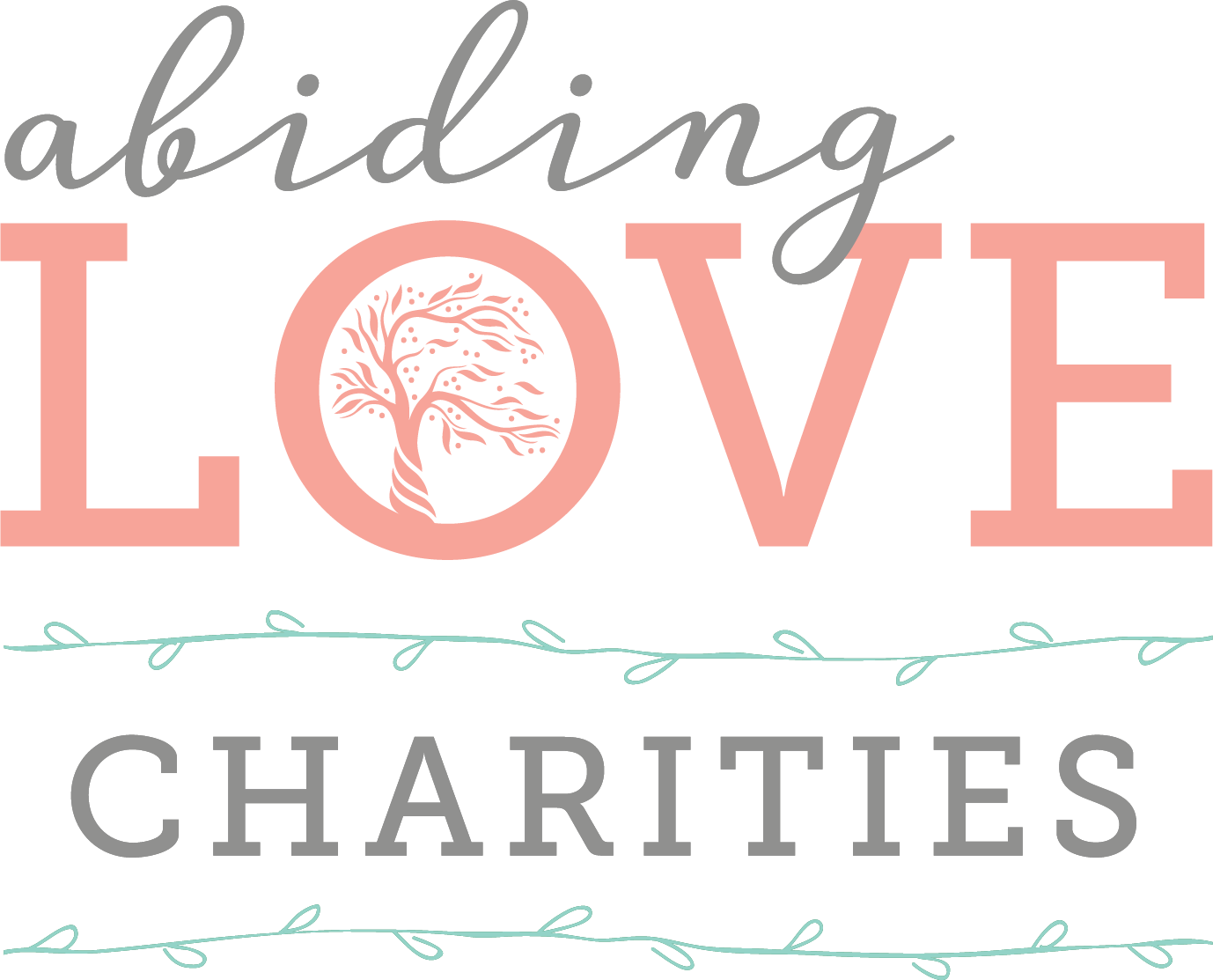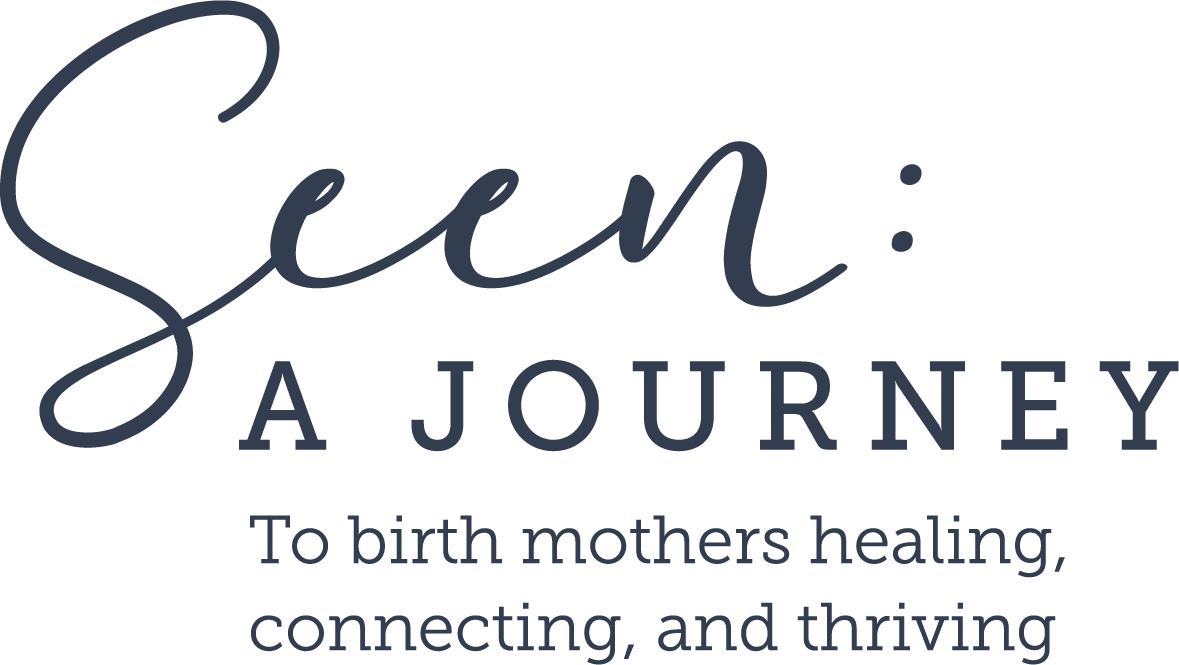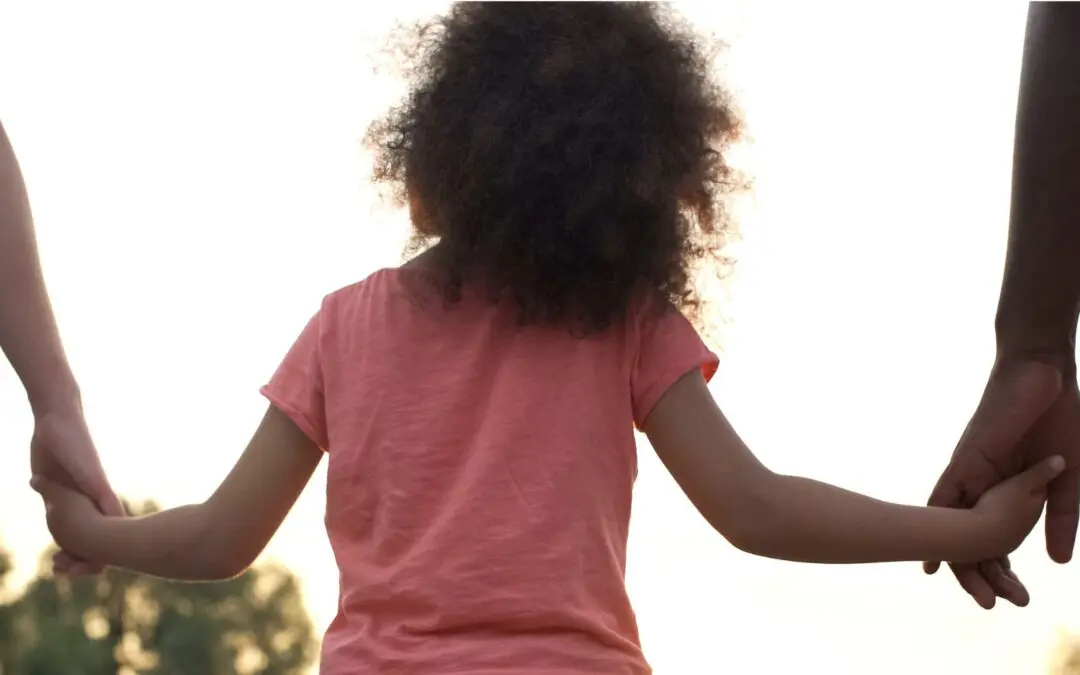Almost every humanitarian effort incorporates the concept of saviorism. Saviorism is defined as the act of helping someone in a self-serving way. It’s a word that evokes strong emotions and opinions, but instead of becoming defensive or accusatory, how can we talk about saviorism in adoption in a constructive way?
Whether we are aware of it or not, each of us has a tendency to practice saviorism, and it is not always be related to adoption. We are imperfect people, and while the degree to which we practice saviorism varies, it still plays a role in the way we navigate life and relationships. Now, this is not to discourage anyone or minimize the incredible ways in which we have been able to help and serve others. We just have to establish that if we cannot recognize which areas in our lives we might perceive others with an inflated sense of self, then we will struggle to grow and see the equity in humanity.
Please read this with a desire to learn how self-awareness can lead us to a greater sense of peace and broaden our capacity to love others.
What Is Saviorism In Adoption?
Saviorism in adoption manifests itself in a variety of ways, from all sides of the adoption triad and beyond. Some examples are:
- Adoption professionals’ biases negatively influencing their treatment toward expectant mothers considering adoption.
- Birth parents expecting unrealistic, high praise or thanks for “completing a family” and becoming upset when met with acts or opinions that challenge their feelings of superiority.
- Adoptive parents pursuing adoption because they believe they are supposed to “save” a child from a traumatic upbringing and, in turn, mistreating the child’s biological family.
These examples, some more subtle than others, only scratch the surface of how saviorism influences the way triad members and adoption professionals conduct themselves. What should be noted, though, is that saviorism isn’t exclusive to just adoptive parents. It shows up in nuanced and abstract ways that can be harder to identify.
The notion that adoptive parents are the only ones responsible for having a savior complex oversimplifies the ways in which society and culture shape the adoption landscape. This is not to excuse adoptive parents from checking themselves; it’s to hold each member accountable for how their thoughts and actions influence these complex adoption dynamics.
If we are to truly be adoptee-centered in our lives, work, and advocacy, each of us must consider what factors play a role in our actions.
How To Recognize When Saviorism Is Creeping In
Adoptive parents, do you believe you were called to provide a child with what you would consider a better life without recognizing that it might not be a better life, just a different one? Or do you see yourself as an extension of your adopted child’s network of support along with their biological family?
Birth parents, have you been convinced that your decision to place means you deserve to be treated in a way that negates accountability, or do you recognize that placement is a symptom of much greater issues that need to be addressed?
Adoption professionals, have you grown complacent in your practices due to internalized stigmas, or do you advocate for each mother because you see them as someone who is worthy of respect, no matter their circumstances?
Being honest with ourselves exposes us to the ways we have failed, but what an amazing opportunity it gives us to be better. I know it seems overwhelming, and you may feel pressured to be perfect and have it all figured out. There is good news, though! Letting go of how saviorism impacts our lives allows us to accept that we don’t have it all figured out, and that’s okay. By pursuing adoption education, befriending members of the triad community, and speaking up for those often silenced, we can lead with humility and compassion. Change is change, even in its smallest form.


